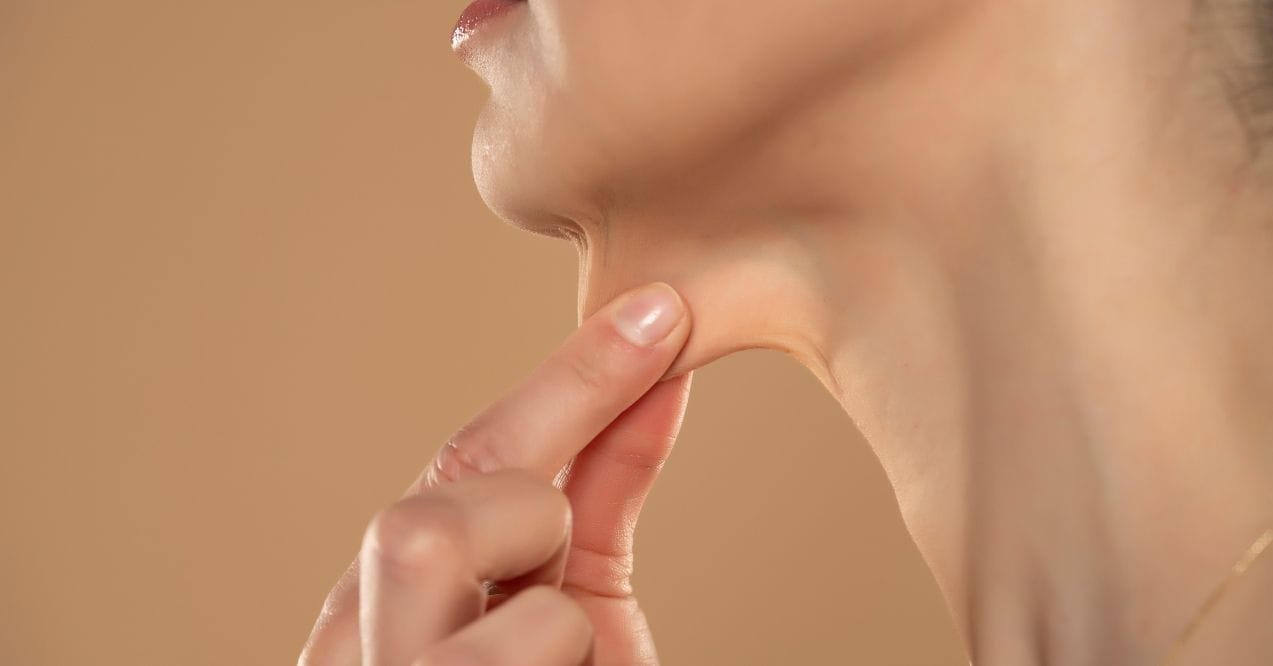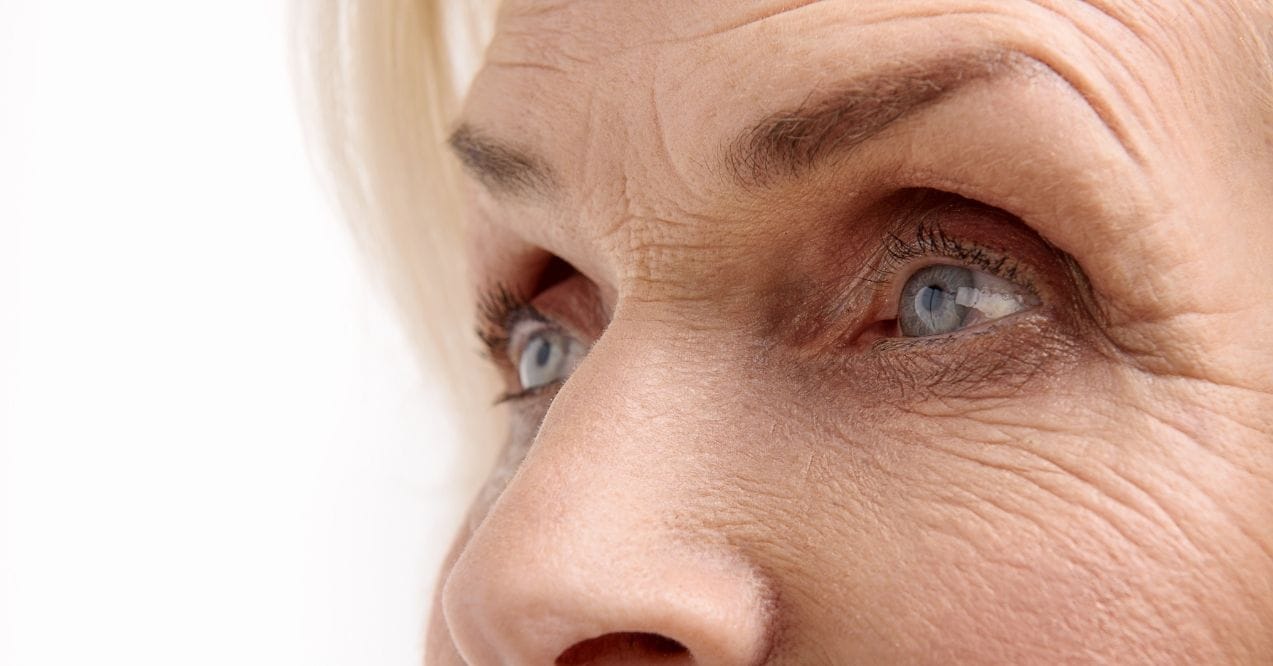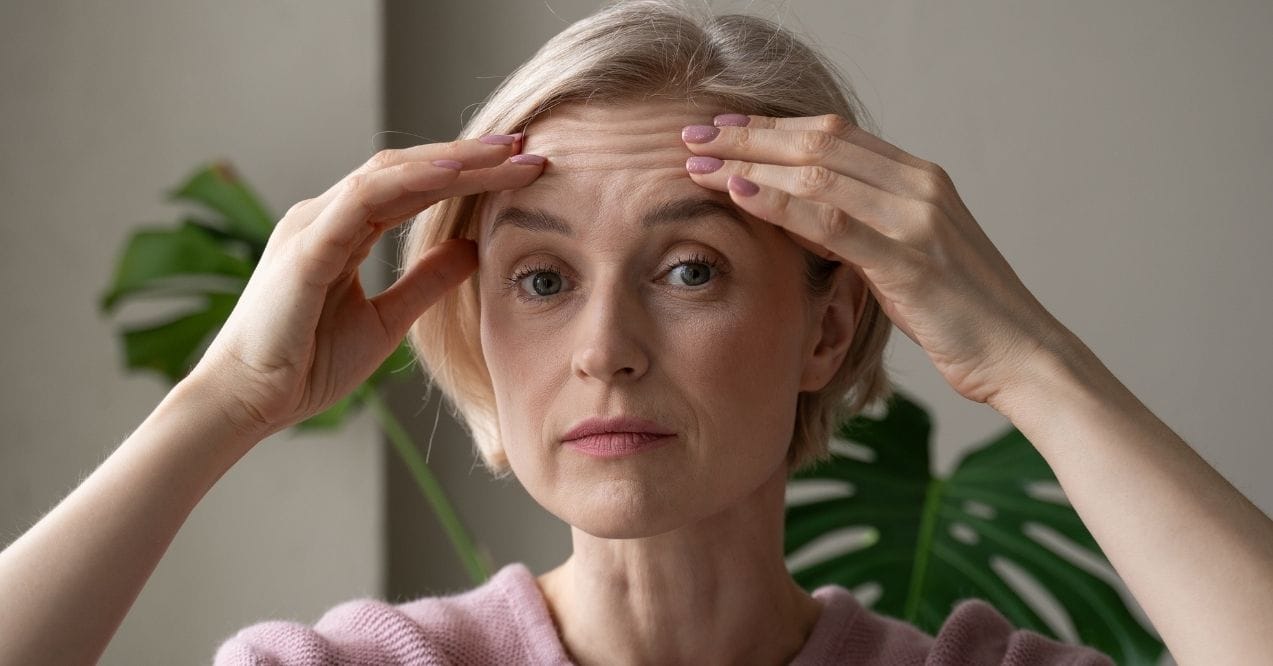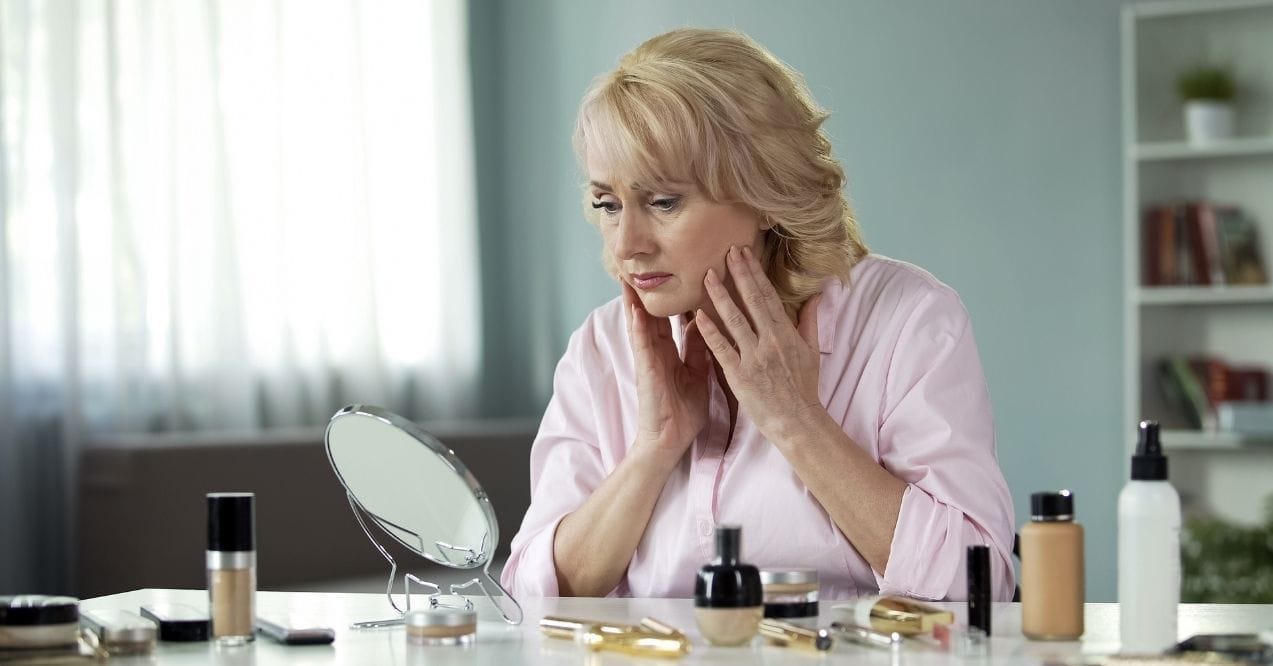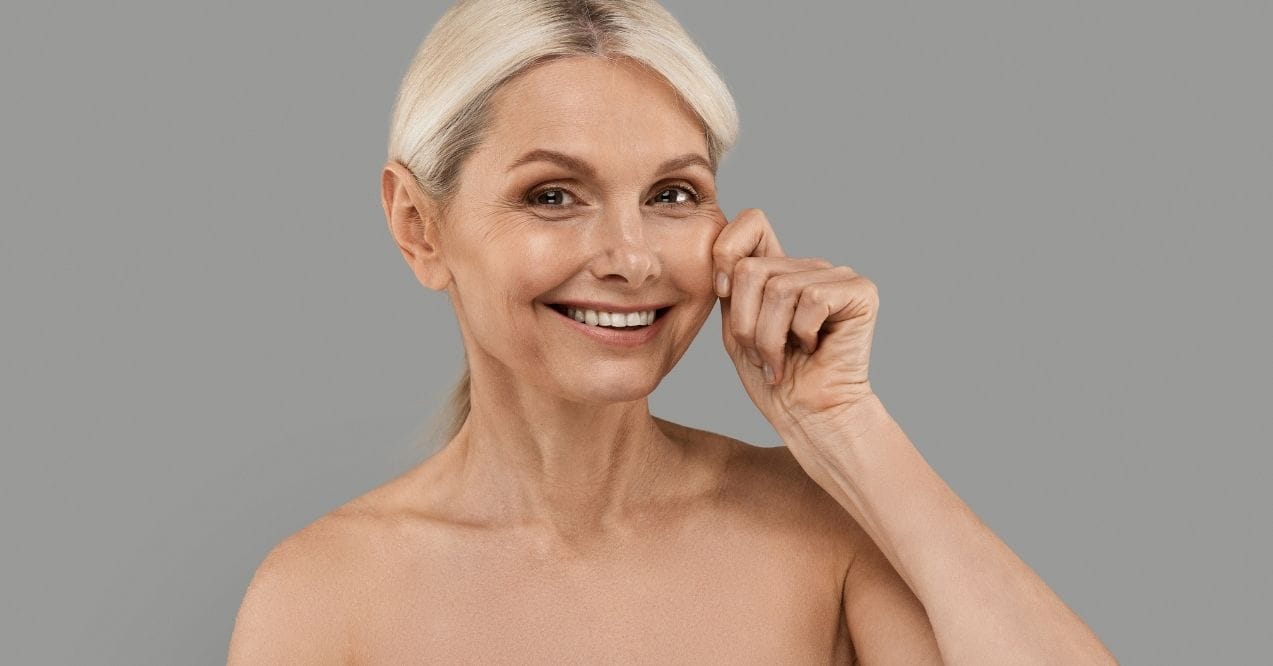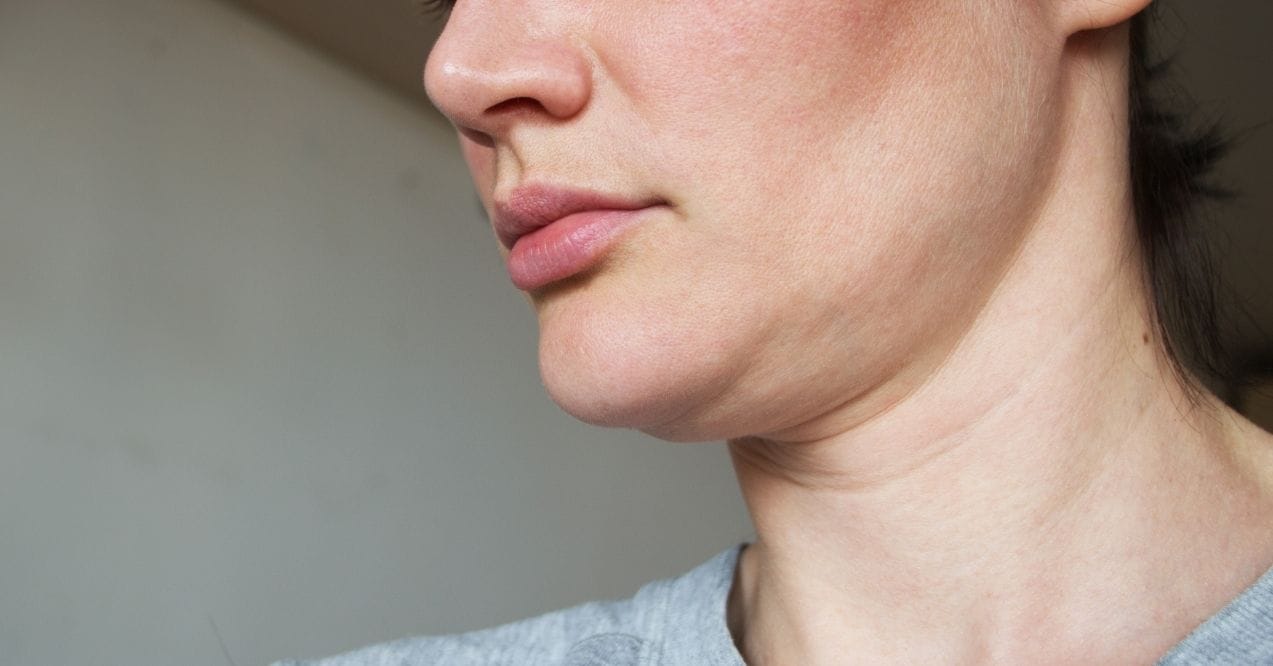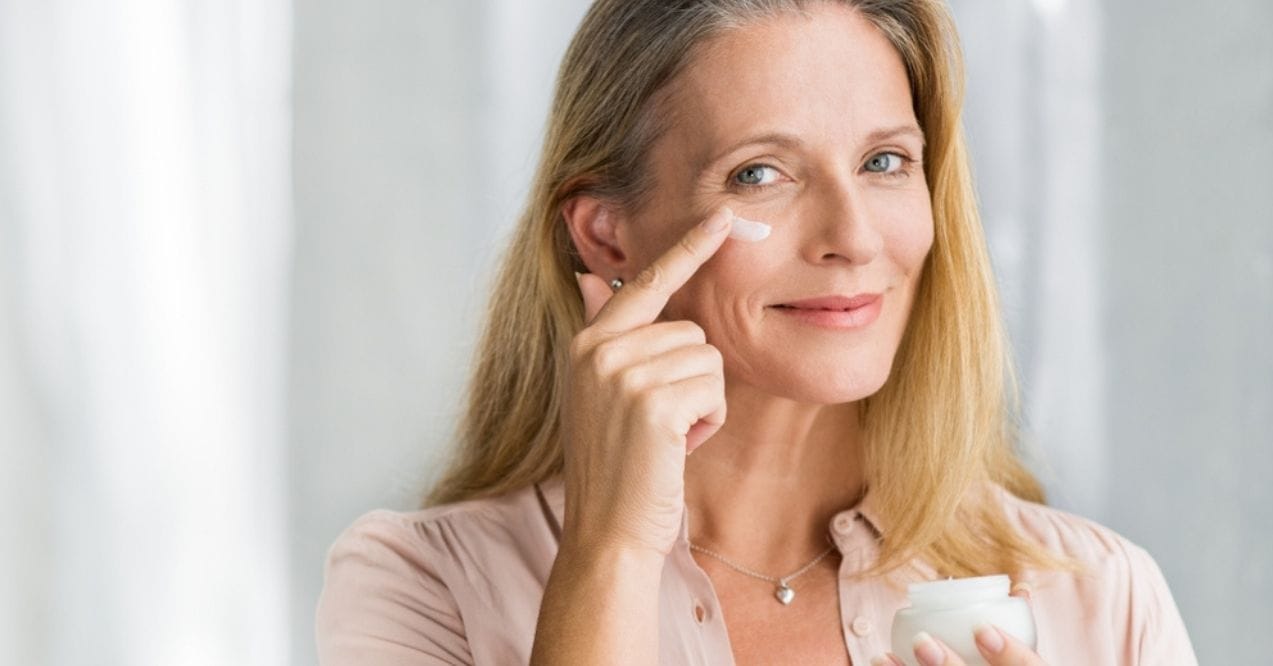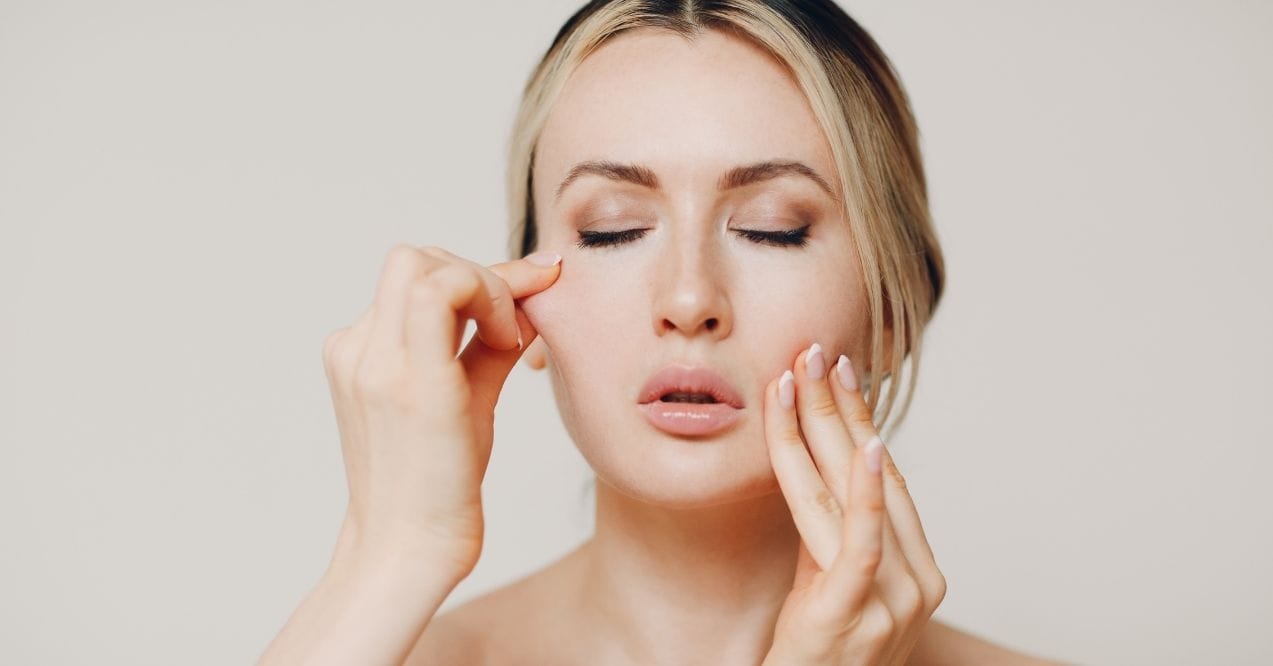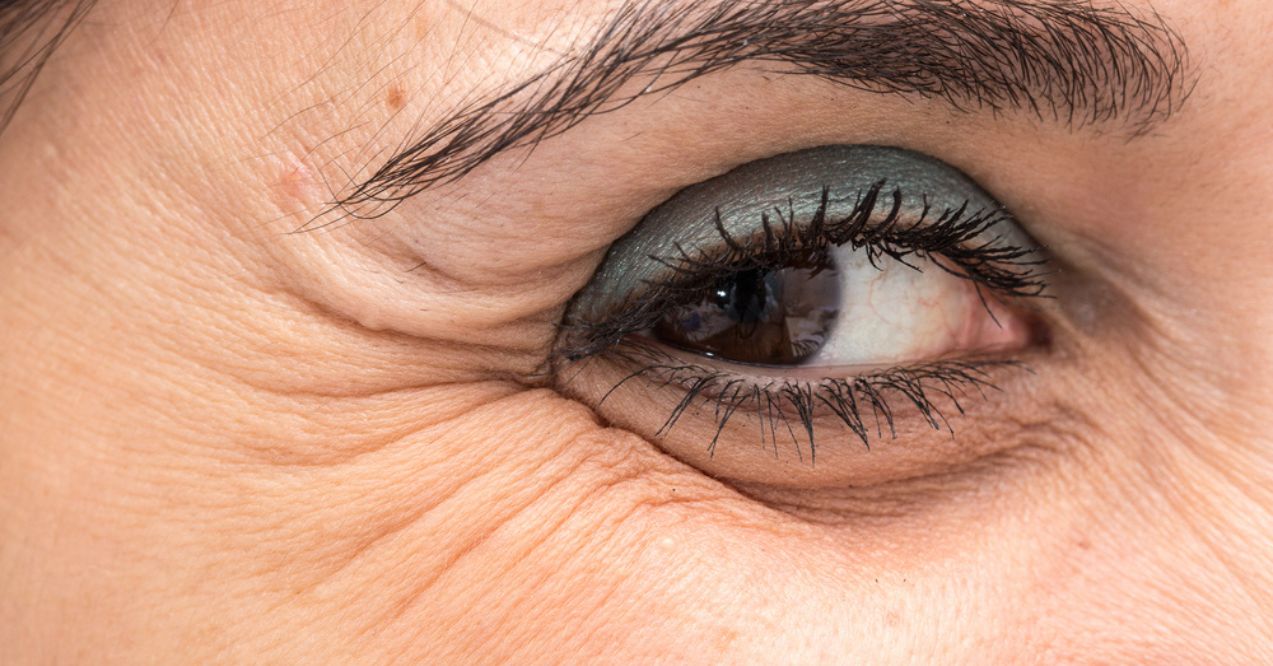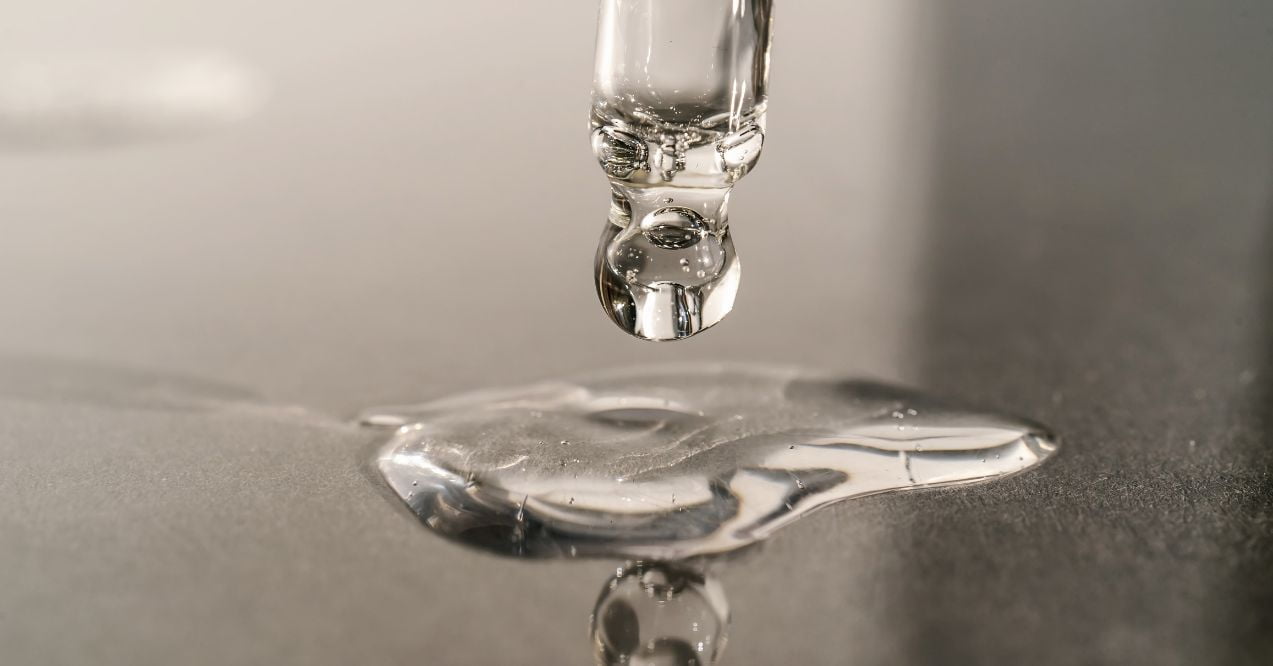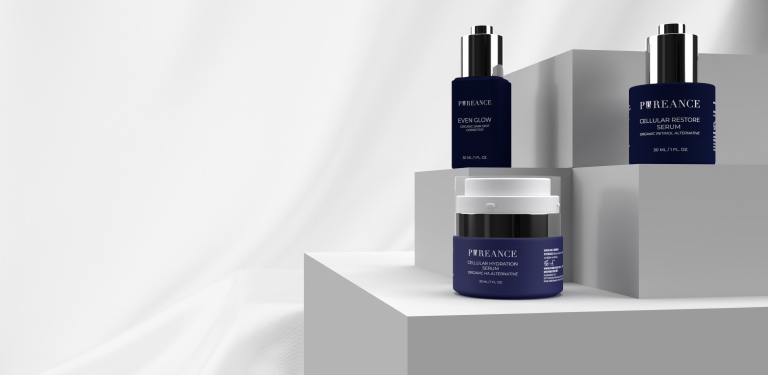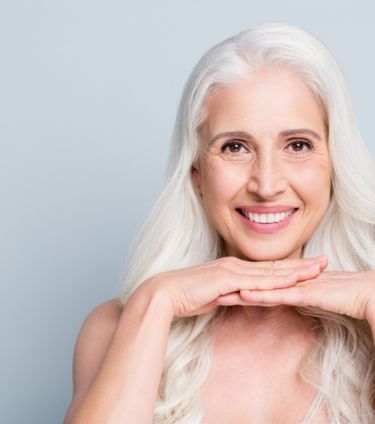


What Is Mature Skin? Understanding Age-Related Changes
What is mature skin? This question often arises as we notice changes in our skin’s appearance and texture over time. Mature skin refers to skin that has undergone significant transformations due to aging, showcasing characteristics distinct from those of younger skin. Understanding these age-related changes is crucial for adopting a skincare routine that addresses the unique needs of mature skin effectively.
This blog post aims to demystify the concept of mature skin, highlighting its significance in the realm of skincare. We will explore the defining features of mature skin, the factors contributing to its development, and the best practices for caring for it. By delving into the nuances of mature skin, we aim to provide valuable insights and strategies to help you maintain your skin’s health and radiance at any age.
Key Article Findings
- Mature skin is characterized by increased dryness, reduced elasticity, and the appearance of wrinkles and age spots.
- Effective care for mature skin includes hydration, nourishment, and protection, with key ingredients like hyaluronic acid, retinol, and antioxidants.
- Lifestyle choices such as a balanced diet, adequate hydration, and sun protection are crucial for maintaining the health and appearance of mature skin.
- The signs of mature skin can appear at different ages, but proactive care can help maintain skin’s vitality.
Understanding and Identifying Mature Skin
As we age, our skin undergoes a myriad of changes, evolving in appearance, texture, and resilience. Understanding and identifying mature skin is pivotal in adopting a skincare routine that addresses its specific needs, ensuring it remains healthy and vibrant. Let’s delve deeper into what mature skin means, what is mature skin age, and the signs to look out for.
What Does Mature Skin Mean?
Mature skin signifies more than just the passage of time; it reflects a complex interplay of physiological transformations influenced by both intrinsic and extrinsic factors. This type of skin is characterized by a decrease in collagen production, reduced skin elasticity, and a slower rate of cell turnover. These changes contribute to the appearance of wrinkles, fine lines, and a noticeable loss of firmness and moisture.
The structural integrity of mature skin is compromised due to the thinning of the dermal and epidermal layers. This thinning process, coupled with decreased sebaceous gland activity, leads to drier skin, which is more susceptible to damage and less able to retain moisture. Furthermore, the distribution of melanin becomes more uneven with age, resulting in age spots and areas of hyperpigmentation.
Mature skin also exhibits a reduced capacity to repair itself, making it more vulnerable to environmental aggressors like UV radiation, pollution, and extreme weather conditions. The cumulative effect of these factors accelerates the aging process, emphasizing the need for targeted skincare solutions that cater to the unique demands of mature skin.
Understanding these physiological changes is crucial for recognizing the signs of mature skin and adopting appropriate skincare practices that support skin health, resilience, and appearance.
At What Age Is Skin Considered Mature?
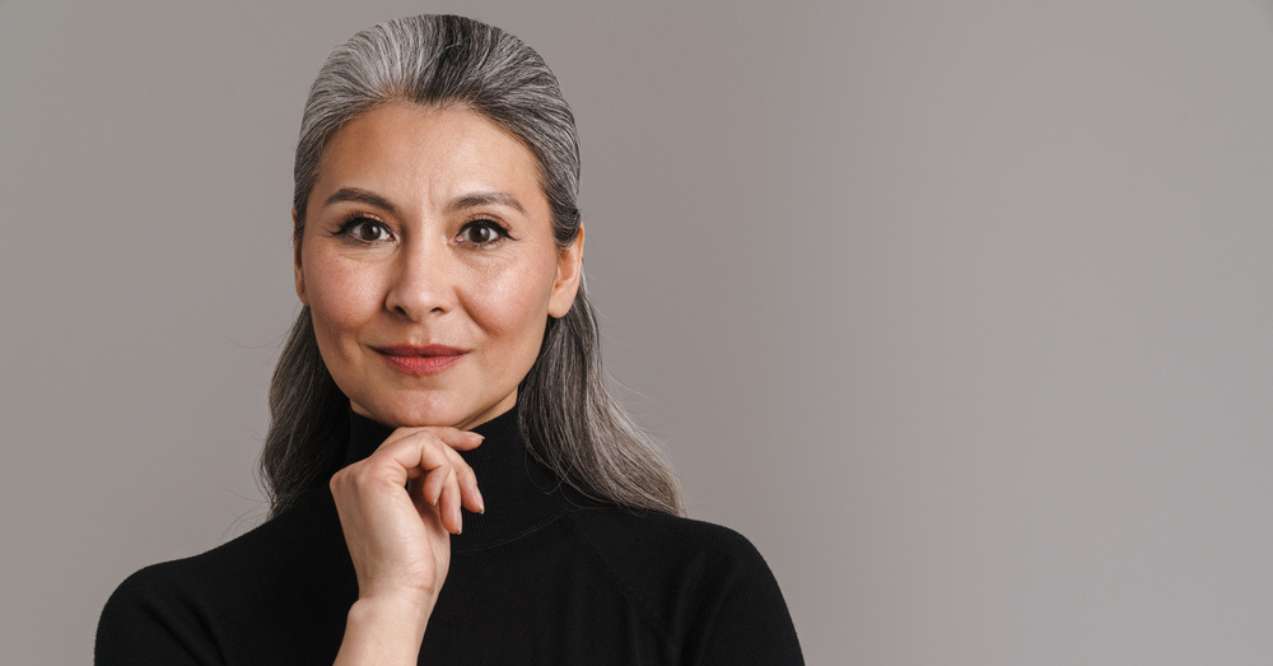
So, what age is mature skin? In short, defining mature skin is not about setting a strict age threshold but rather observing the visible signs and physiological changes associated with skin aging. The transition to mature skin varies significantly among individuals, influenced by genetics, lifestyle, and environmental factors. For some, the signs of mature skin may become noticeable in their late 30s or early 40s, while others may not experience these changes until their 50s or beyond.
It’s essential to focus on the skin’s condition and the changes it undergoes over time rather than fixating on a specific age. Recognizing the early signs of skin maturation allows for timely interventions, helping to preserve skin health and slow the progression of age-related changes.
Signs of Mature Skin
Understanding mature skin meaning involves observing its distinct visible signs and symptoms, which signal the underlying physiological changes. Key indicators of mature skin include:
- Increased Dryness and Dehydration: A noticeable lack of moisture, leading to a rough and sometimes itchy texture.
- Wrinkles and Fine Lines: The appearance of creases, particularly around the eyes, mouth, and forehead, as a result of decreased collagen and elastin.
- Loss of Elasticity: Skin that feels less firm and bounces back more slowly when pinched.
- Thinner Skin Texture: Skin becomes more transparent, revealing veins and underlying structures more prominently.
- Age Spots and Hyperpigmentation: Uneven skin tone with dark spots or patches resulting from years of sun exposure.
By recognizing what is considered mature skin and the signs that accompany it, individuals can take proactive steps in their skincare regimen. Tailoring your skincare routine to address these signs, regardless of what age mature skin sets in, is key to nurturing and protecting your skin as it ages.
Factors Influencing Mature Skin

The journey to mature skin is shaped by a combination of intrinsic and extrinsic factors, each playing a pivotal role in the skin’s aging process. Understanding these factors is essential for developing effective skincare and lifestyle strategies to mitigate their impact.
Intrinsic and Extrinsic Factors
Intrinsic factors, such as genetics and hormonal changes, set the baseline for how our skin ages. Genetic predisposition determines skin type, resilience, and the potential for certain aging patterns, while hormonal fluctuations, especially during menopause, significantly affect skin elasticity, moisture levels, and thickness.
Extrinsic factors include UV exposure, pollution, and lifestyle choices (such as diet, smoking, and alcohol consumption). These external elements can accelerate the signs of aging, contributing to the formation of wrinkles, fine lines, and hyperpigmentation. What age is considered mature skin can thus be heavily influenced by how these extrinsic factors interact with our intrinsic predispositions.
Sun Exposure
Sun exposure plays a critical role in skin aging, with photoaging being a primary concern for mature skin. UV radiation damages skin fibers, leading to loss of elasticity and the appearance of age spots. Protecting skin from the sun’s harmful rays through the use of broad-spectrum sunscreens, wearing protective clothing, and avoiding peak sun hours are essential prevention strategies. These measures are vital in preserving skin’s youthful appearance and health, regardless of what age is considered mature skin.
Caring for Mature Skin
As we age, our skin undergoes various changes, and it requires special attention and care. Mature skin tends to be drier, thinner, and more prone to wrinkles and age spots. To maintain its health and radiance, a dedicated skincare routine is essential. Here are some key aspects to consider when caring for mature skin.
Daily Skincare Routine
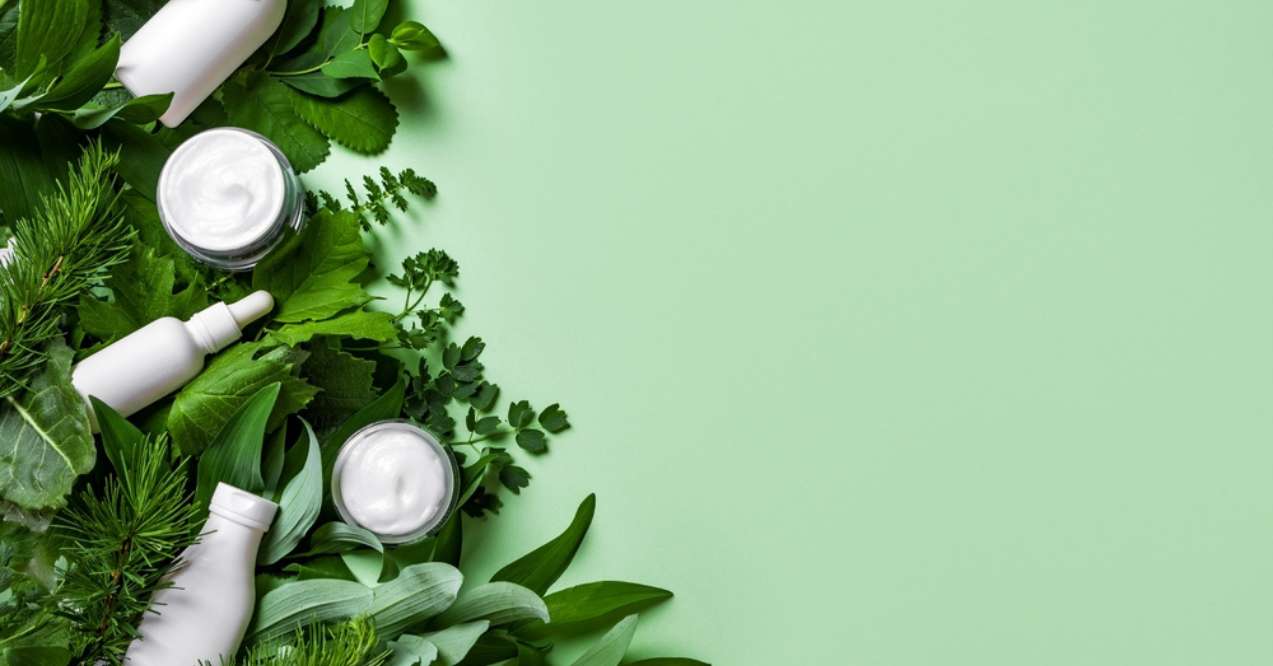
A daily skincare routine is crucial for mature skin as it helps to maintain hydration, nourish the skin, and provide protection from environmental stressors. The routine should include cleansing, toning, moisturizing, and protection with sunscreen.
Cleansing
Use a gentle cleanser that effectively removes impurities without stripping the skin of its natural oils.
Toning
Incorporate a toner that helps to balance the skin’s pH levels and prepares it for better absorption of subsequent skincare products.
Moisturizing
Choose a moisturizer specifically formulated for mature skin, which contains hydrating and nourishing ingredients to replenish moisture and improve elasticity.
Sunscreen
Protect your skin from harmful UV rays by applying a broad-spectrum sunscreen with a high SPF. This helps to prevent further damage and minimize signs of aging.
Key Ingredients
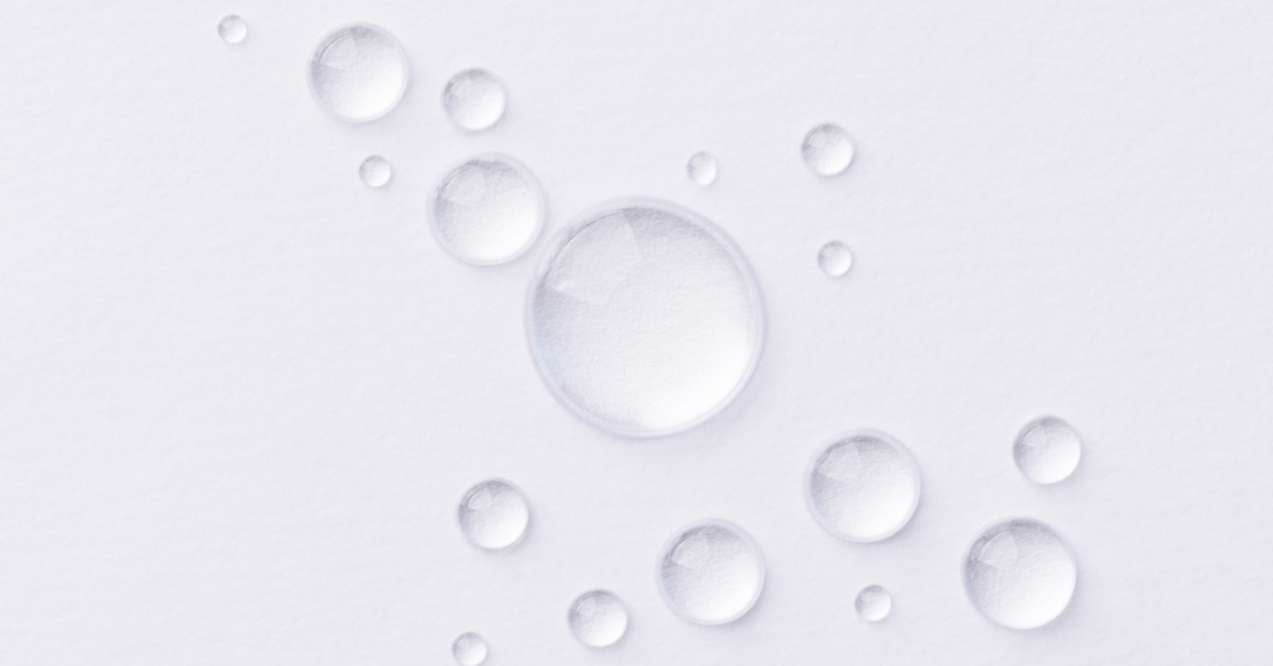
When selecting skincare products for mature skin, it’s essential to focus on ingredients that promote hydration and support the skin’s natural functions while avoiding those that might cause irritation. Here are some beneficial ingredients to consider:
Hyaluronic Acid
Known for its excellent hydrating properties, hyaluronic acid helps to:
- Retain moisture and plump up the skin
- Reducing the appearance of fine lines and wrinkles
Alternative: Tremella Mushroom
Tremella mushroom, also known as snow fungus, is a natural alternative to hyaluronic acid. It:
- Remarkably retains moisture
- Helps to hydrate the skin
- Enhances skin elasticity
Retinol
A derivative of vitamin A, retinol is a potent ingredient that:
- Stimulates collagen production
- Improves skin texture
- Reduces the signs of aging
Alternative: Babchi (Bakuchiol)
Babchi is a plant-based alternative to retinol that:
- Offers similar benefits
- Supports skin surface renewal
- Promotes a smooth appearance
Antioxidants
Ingredients like vitamin C, green tea extract, and coenzyme Q10 help to:
- Neutralize free radicals
- Protect the skin from damage
- Promote a more youthful complexion
Alternative: Kakadu Plum
Kakadu plum is a rich source of vitamin C that:
- Brightens the skin
- Supports a radiant, youthful appearance
Moisturization Techniques
To maximize the benefits of moisturizers and enhance hydration for mature skin, consider the following application tips:
- Apply moisturizer to slightly damp skin to lock in moisture.
- Use gentle upward motions to massage the moisturizer into the skin, promoting circulation and absorption.
- Pay extra attention to areas prone to dryness, such as the neck, décolletage, and hands.
- Consider using a facial oil or serum before moisturizer for an added boost of hydration.
By following a dedicated skincare routine that includes hydration, nourishment, and protection, you can effectively care for mature skin and maintain a healthy, youthful appearance. Remember to consult with a dermatologist or skincare professional to tailor the routine to your specific needs and concerns.
Lifestyle Considerations
What is mature skin influenced by? Beyond genetics and topical skincare, lifestyle choices play a critical role in the health and appearance of mature skin. A holistic approach that includes diet, hydration, avoiding smoking, and being mindful of environmental factors can significantly impact skin quality.
A balanced diet rich in antioxidants, vitamins, and omega-3 fatty acids can support skin health from the inside out, promoting cell regeneration and reducing inflammation. Hydration is equally important; drinking adequate water daily helps maintain skin’s moisture balance, contributing to a plump and vibrant appearance.
Smoking has a profound negative effect on skin, accelerating aging by impairing blood flow and depleting the body of essential nutrients. Lastly, environmental factors like pollution and extreme weather conditions can further stress mature skin, making protective measures like wearing appropriate skincare and minimizing exposure vital components of a comprehensive skincare regime for mature skin.
Conclusion
Understanding what mature skin is helps in addressing the unique challenges that come with aging. Mature skin is marked by dryness, loss of elasticity, and the appearance of wrinkles, which require targeted skincare solutions.
Incorporating hydrating and nourishing products, protecting the skin from environmental damage, and making healthy lifestyle choices are essential to maintaining a youthful, radiant complexion. By recognizing and responding to the signs of aging, you can effectively care for your skin and preserve its health and beauty at any stage of life.
Premature aging of mature skin can be caused by various factors such as prolonged sun exposure, smoking, poor nutrition, stress, and genetic predisposition. These factors contribute to the breakdown of collagen and elastin, leading to wrinkles, sagging, and dullness.
‘Mature skin’ is a subjective term, but it typically refers to skin that has undergone natural aging processes, becoming more prone to wrinkles, dryness, and loss of elasticity. While it can vary among individuals, it is generally associated with individuals aged 50 and above.
Mature skin should be moisturized at least twice a day: once in the morning and once at night. This helps replenish moisture, improve hydration, and maintain the skin’s barrier function. Look for moisturizers with ingredients like hyaluronic acid and ceramides to provide optimal hydration and nourishment.
The best way to protect mature skin from sun damage is to adopt a comprehensive approach. Use a broad-spectrum sunscreen with SPF 30 or higher daily, even during cloudy days. Seek shade, wear protective clothing, such as wide-brimmed hats and long sleeves, and use sunglasses to shield the delicate eye area. Additionally, avoid sun exposure during peak hours, typically between 10 a.m. and 4 p.m.
This site offers health, wellness, fitness and nutritional information and is designed for educational purposes only. You should not rely on this information as a substitute for, nor does it replace, professional medical advice, diagnosis, or treatment. If you have any concerns or questions about your health, you should always consult with a physician or other health-care professional. Do not disregard, avoid or delay obtaining medical or health related advice from your health-care professional because of something you may have read on this site. The use of any information provided on this site is solely at your own risk.
Nothing stated or posted on this site or available through any services are intended to be, and must not be taken to be, the practice of medical or counseling care. For purposes of this agreement, the practice of medicine and counseling includes, without limitation, psychiatry, psychology, psychotherapy, or providing health care treatment, instructions, diagnosis, prognosis or advice.

